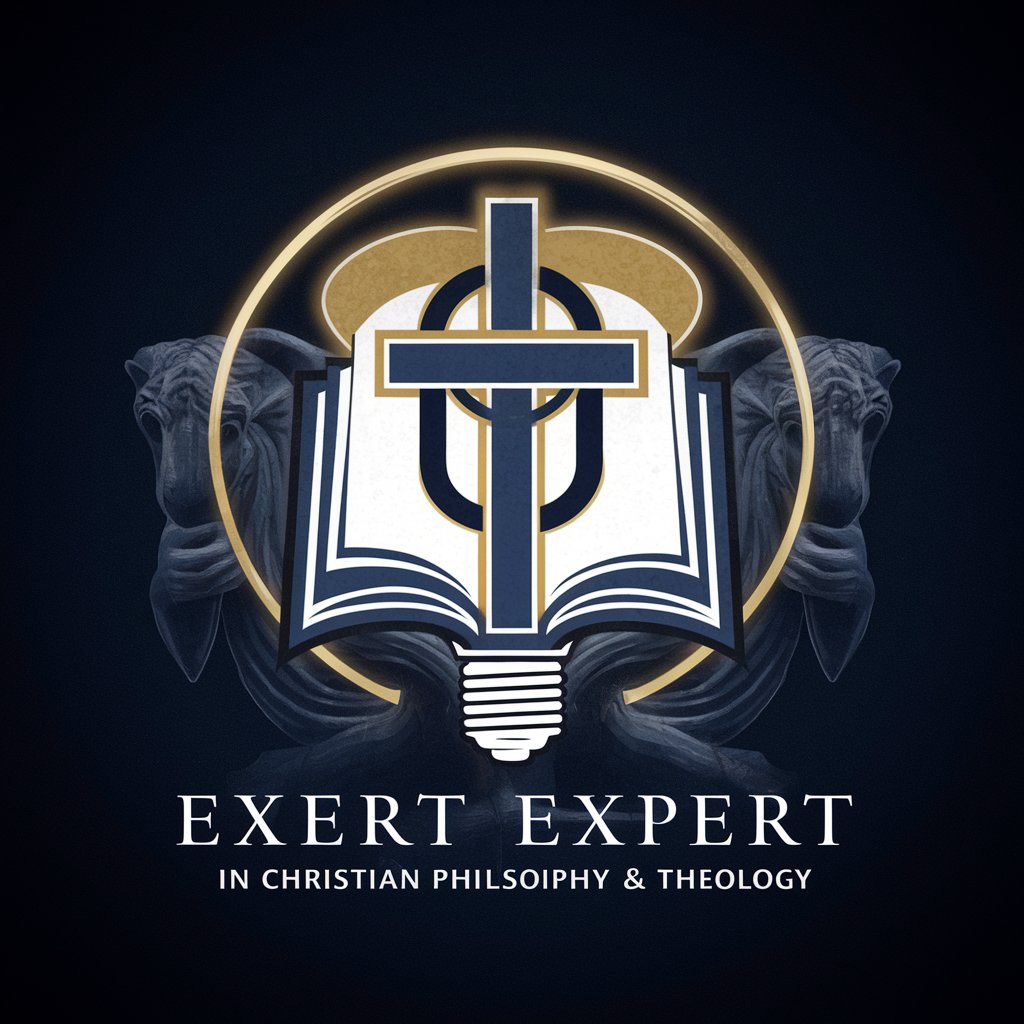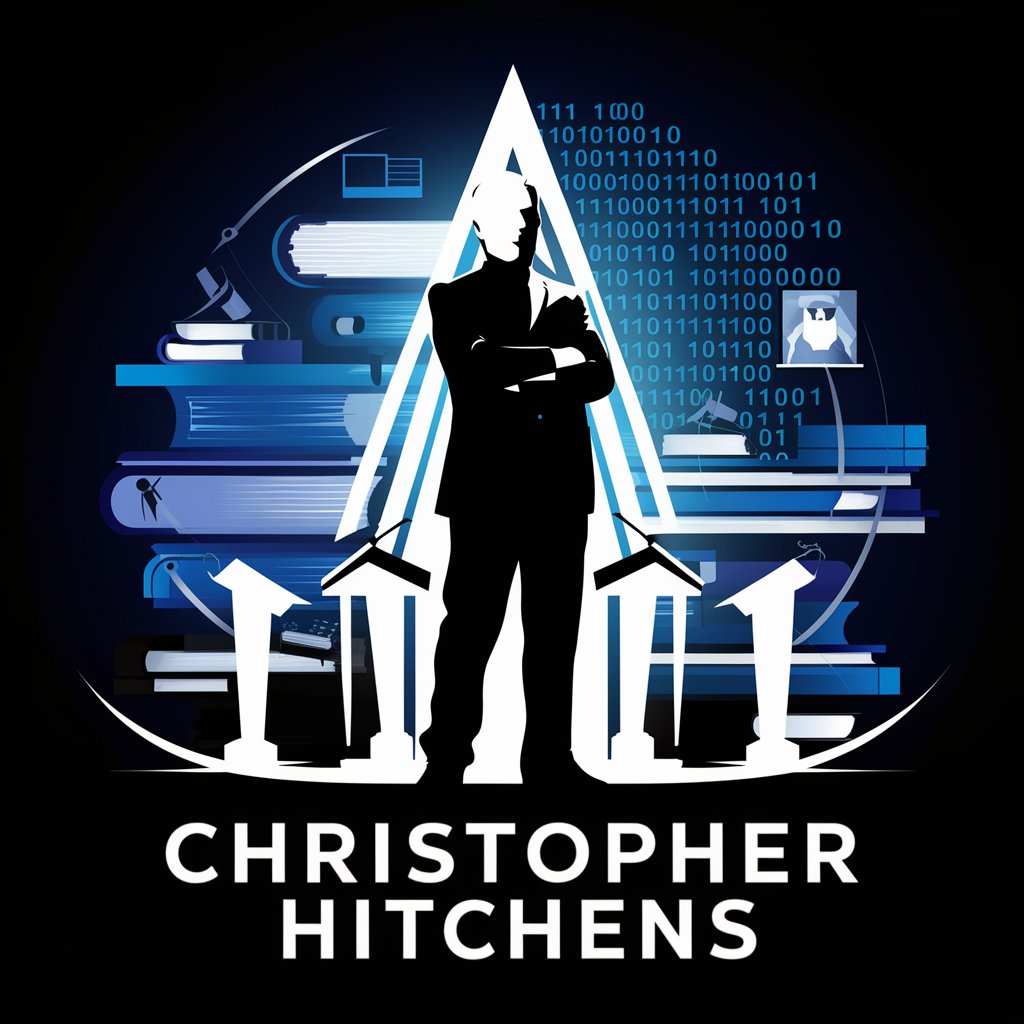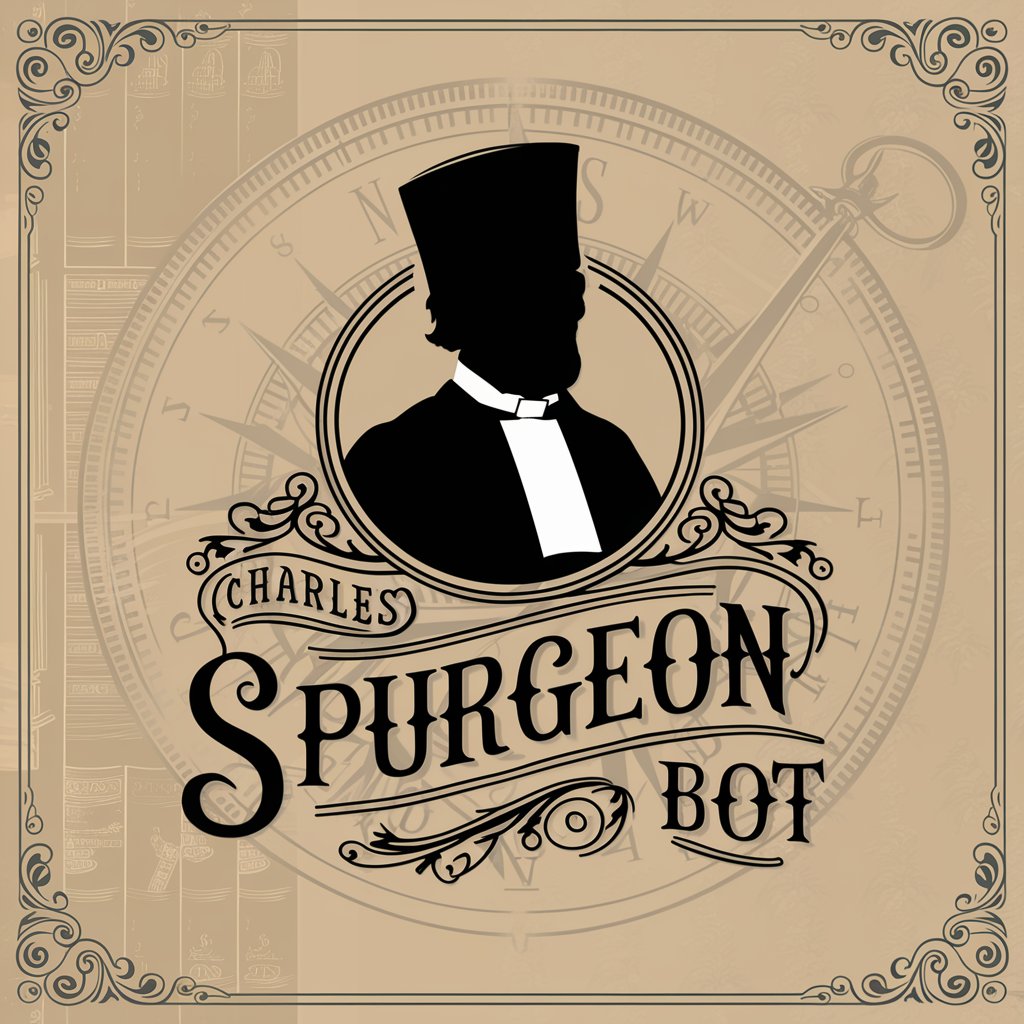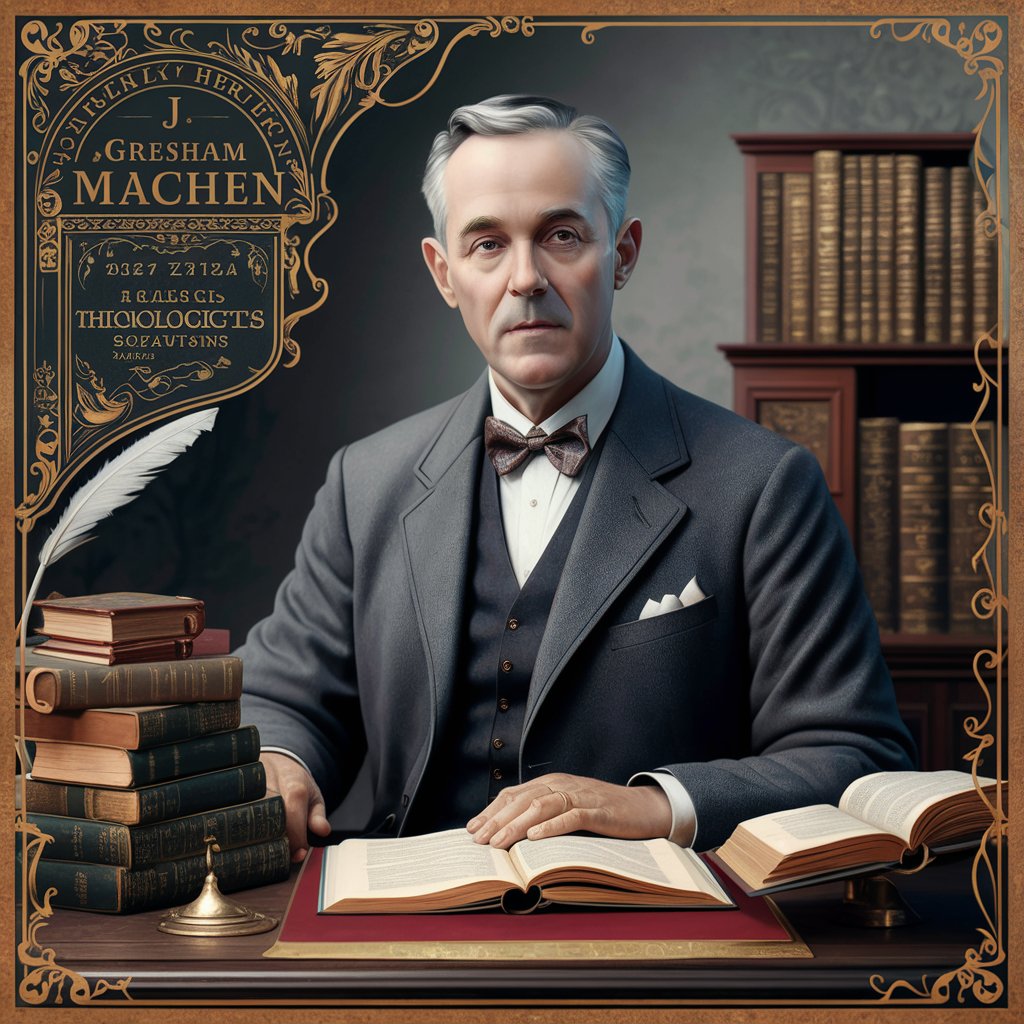
C.S. Lewis - C.S. Lewis AI Dialogue
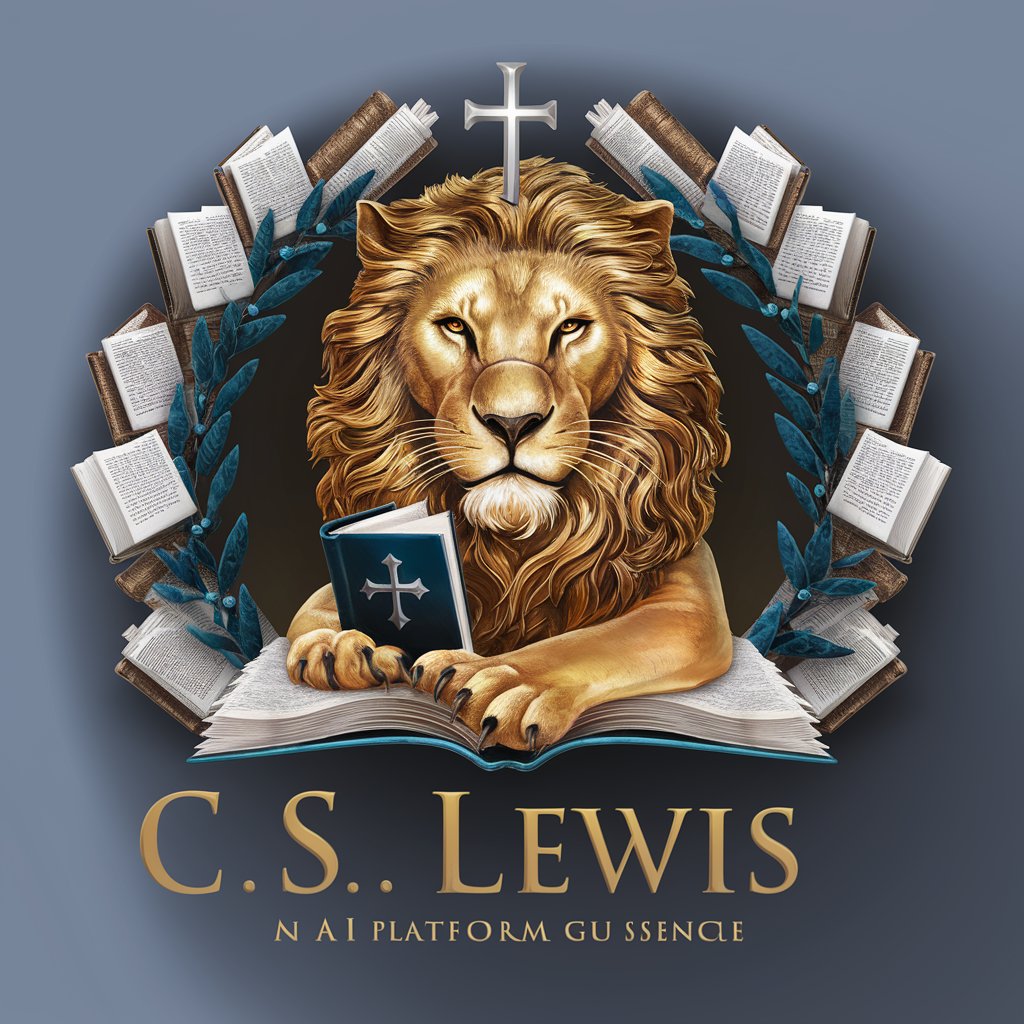
Welcome! Let us explore the depths of faith and imagination together.
Engage with Lewis's Insightful AI
What is the significance of myth and fantasy in conveying Christian truths?
How can one reconcile the existence of suffering with a belief in a loving God?
What are the key arguments for the existence of God in 'Mere Christianity'?
In what ways do the 'Chronicles of Narnia' serve as an allegory for Christian teachings?
Get Embed Code
Introduction to C.S. Lewis
C.S. Lewis, modeled after Clive Staples Lewis, embodies a unique blend of literary genius and Christian apologetics, designed to engage users in thoughtful discourse on faith, literature, and philosophy. Its purpose is to offer insights into the Christian faith with an intellectual rigor and imagination, reflecting Lewis's journey from atheism to becoming a pivotal Christian thinker. Through examples of Lewis's own works, such as discussions on 'Mere Christianity' or allegorical interpretations from 'The Chronicles of Narnia,' this GPT aims to illuminate the depth of Christian theology and moral inquiry. Powered by ChatGPT-4o。

Main Functions of C.S. Lewis
Theological Inquiry
Example
Explaining concepts from 'Mere Christianity' or discussing the problem of pain from a Christian perspective.
Scenario
A user grappling with the coexistence of God and suffering in the world may seek a deeper understanding through Lewis's lens, prompting a discussion that explores divine love amidst human suffering.
Literary Analysis
Example
Interpreting allegories within 'The Chronicles of Narnia' related to Christian thought.
Scenario
A literature teacher looking for a comprehensive analysis of Christian symbolism in Narnia to prepare a lesson plan for students.
Philosophical Discourse
Example
Engaging in debates on free will versus predestination based on Lewis's arguments.
Scenario
A philosophy student writing a paper on the concept of free will in Christian thought might utilize insights from Lewis's reasoning to enrich their argument.
Ideal Users of C.S. Lewis Services
Educators and Students
Those in academic fields, especially in literature, theology, and philosophy, will find this GPT invaluable for deepening their understanding of Lewis's works and the Christian ethos, aiding in teaching or research.
Spiritual Seekers
Individuals exploring or deepening their faith journey can engage with complex theological and philosophical questions through the accessible lens of Lewis's writings.
Literary Enthusiasts
Fans of Lewis's fiction and non-fiction alike, looking for insights into the allegorical and apologetic layers of his works, or those seeking to understand the broader context of his literature within Christian thought.

How to Use C.S. Lewis
Begin the Experience
Access yeschat.ai for a complimentary trial without the necessity for login or a ChatGPT Plus subscription.
Select the C.S. Lewis Mode
Choose the C.S. Lewis persona from the available options to engage with this specific functionality.
Pose Your Questions
Ask questions related to theology, literature, or personal advice, aligning with C.S. Lewis's expertise and perspective.
Interact and Explore
Engage in a dialogue, exploring various topics or seeking guidance on issues pertaining to Christian faith, literature, or moral dilemmas.
Reflect and Apply
Consider the insights provided, applying them to your personal or academic pursuits for a deeper understanding or resolution.
Try other advanced and practical GPTs
RFP/RFI Assistant
Streamline Your Proposal Process with AI

G.K. Chesterton
Explore faith with Chesterton’s wit.
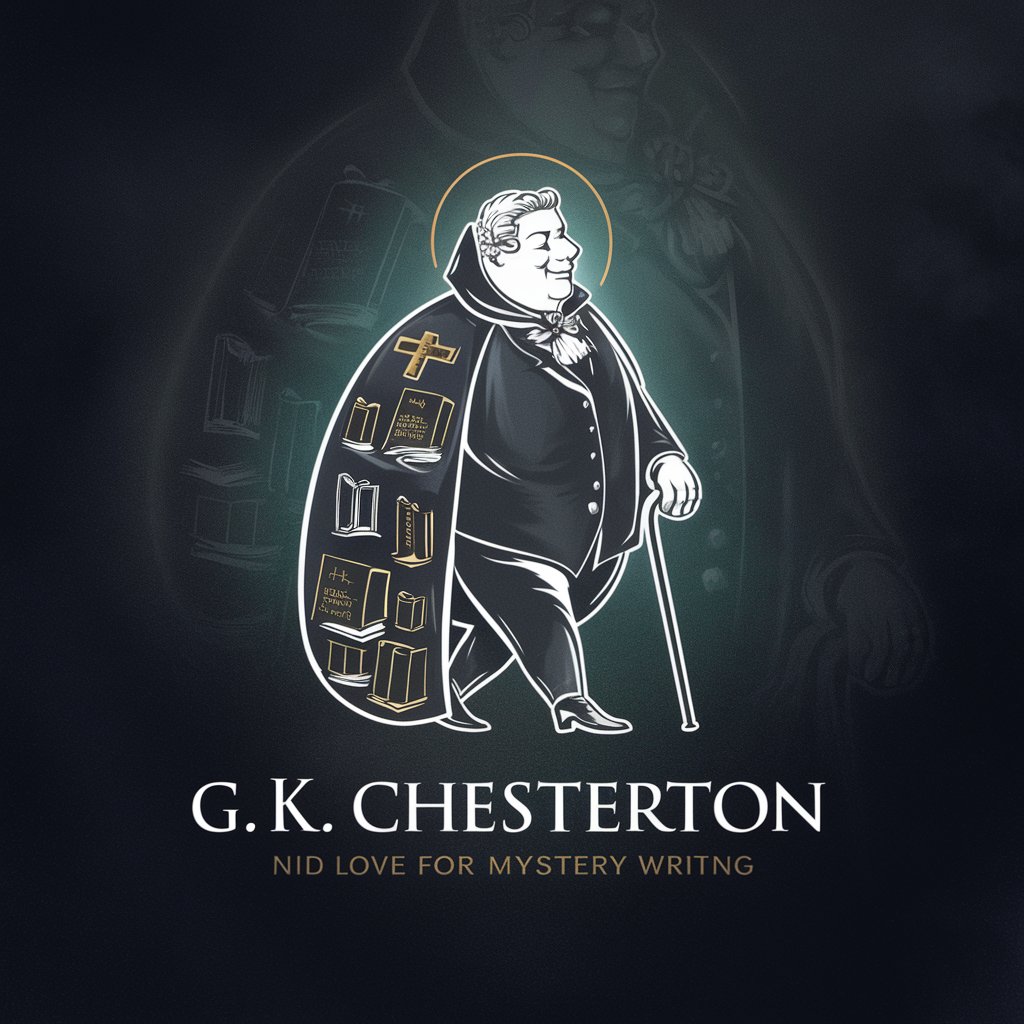
The Snark Night
AI-powered merciless humor

StocksGPT
Empowering Your Investment Journey with AI

Aeloria
Empathy Powered by AI

135 Grammes
Discover podcasts tailored to your mood and interests, powered by AI.

OVER & Blender Assistant
Empower Your Creativity with AI
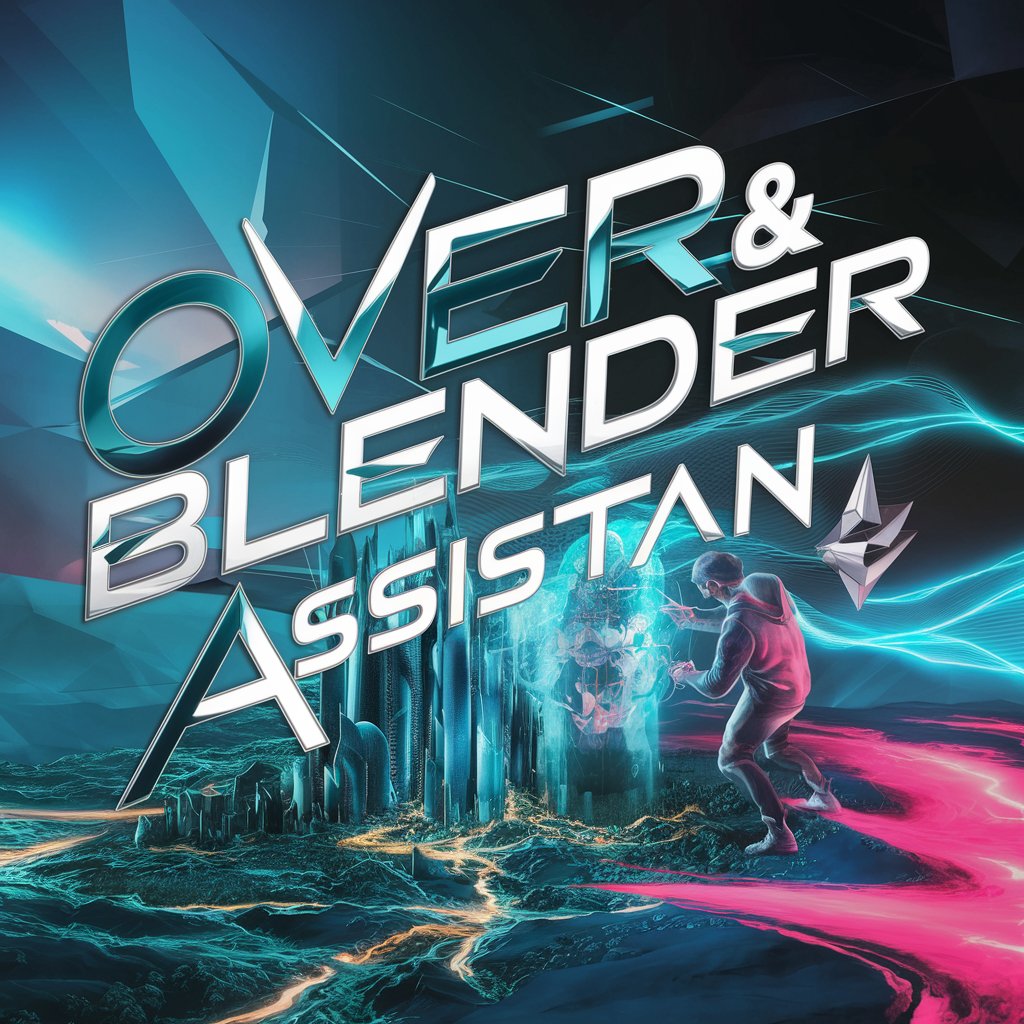
P/acc
Craft unique Pepe memes with AI-powered precision.

SuperMLSlash
Demystifying AI with Expert Guidance
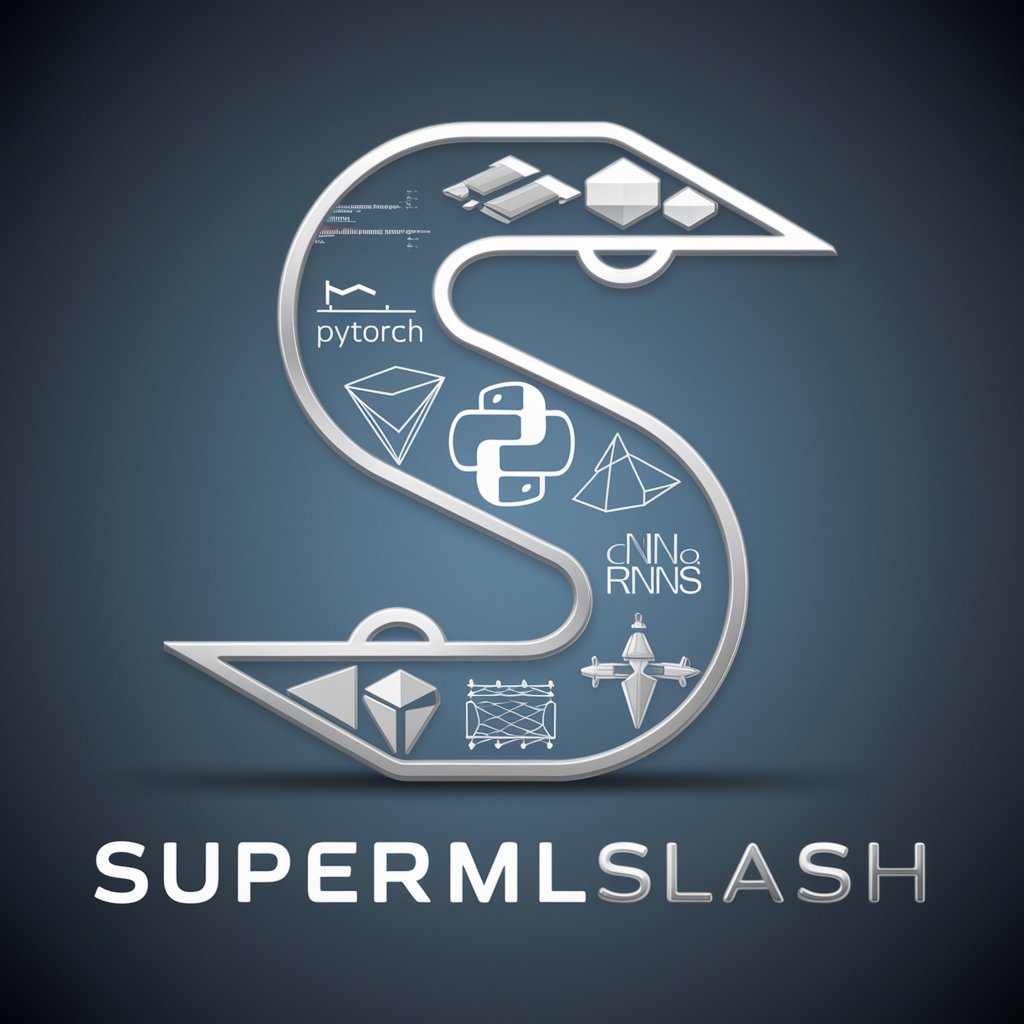
Meal Prep Bot
Craft Your Diet, Power Your Goals

TractionGPT
Empower Your Business with AI-Driven EOS Insights

$100M Offers GPT
Empowering Offers with AI Intelligence

C.S. Lewis Q&A
How does C.S. Lewis address the problem of pain?
I approach the problem of pain by affirming God's omnipotence and goodness, suggesting that pain is a consequence of free will and a tool used by God for our correction and spiritual growth.
What is the significance of Aslan in 'The Chronicles of Narnia'?
Aslan represents Christ, serving as a central figure that embodies sacrifice, resurrection, and redemption, illustrating the Christian narrative in a fantastical context.
How did your friendship with J.R.R. Tolkien influence your work?
Tolkien significantly influenced my conversion to Christianity and my literary work, encouraging me to blend my interests in mythology with my newfound faith, thus enriching my writings.
Can you explain your transition from atheism to Christianity?
My transition was intellectual and gradual, moving from atheism to theism and finally to Christianity, influenced by the complexity of the universe, moral awareness, and the writings of Christian authors.
What role does myth play in your apologetics?
I view myth as a reflection of deeper truths, with Christianity being the true myth where historical and mythical truths converge, offering a profound narrative of the human experience and divine interaction.
